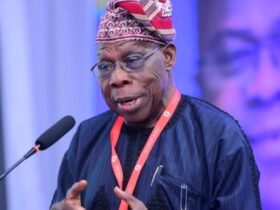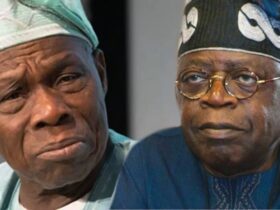The National Bureau of Statistics (NBS) released a report today noting that the inflation rate in Nigeria increased from 25.80% in August 2023 to 26.72% in September.
According to the Bureau, the largest causes of the inflation increase were food and non-alcoholic beverages.

The scrapping of a costly decades-old petrol subsidy that tripled prices and allowed the naira to lose more than 50% of its value has put Bola Tinubu under pressure to ease economic hardship, which has resulted in soaring prices in Africa’s top oil producer and most populous country.
READ ALSO: South Africa Liaises with Ghana on Visa-Free Travel, Snubs Nigeria
Since 2016, inflation in the largest economy in Africa has reached double digits, destroying savings and earnings and forcing the central bank to raise interest rates to their highest level in nearly two decades.
The rise in inflation is a major worry for Nigeria since it has an impact on consumer purchasing power and makes it more challenging for individuals to afford products and services.
For low-income households, which spend a higher percentage of their income on food and other needs, this scenario is especially difficult.
This issue needs to be addressed right away by the government and decision-makers in order to spare Nigerians more economic suffering. To encourage economic development and stop growing inflation, the economy currently needs urgent action.








Leave a Reply